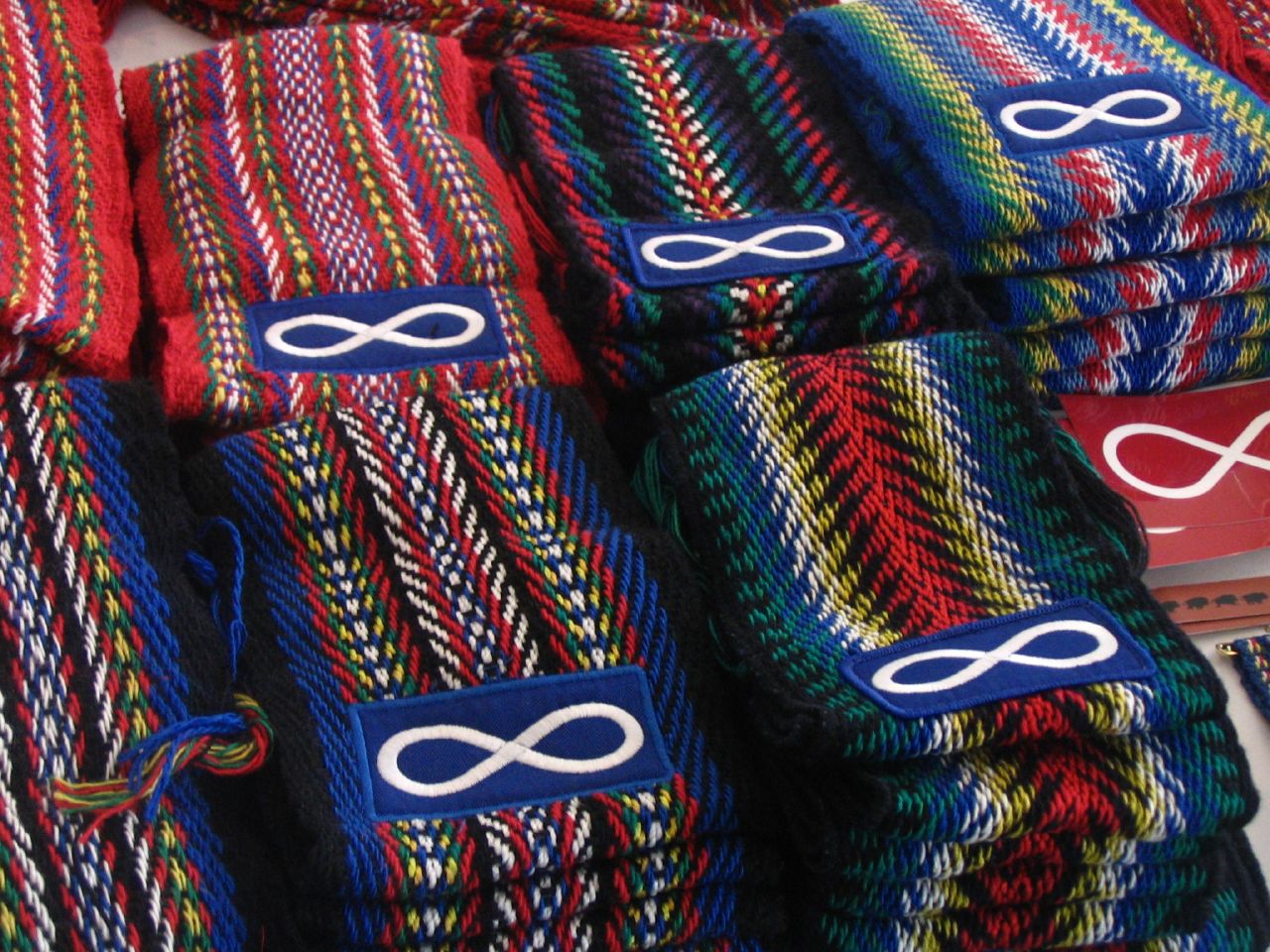I am a collection of events. I am an amalgamation of decisions and stories. I am here because of the actions of others who have lived and loved, and somewhere in their existence my narratives were being created. I was given this life to live because of the actions of my ancestors.
Living with these stories in my bones means that I share a connection with those who are also a part of these stories: my family, my community and others that are a part of these actions, who have been entwined with a shared existence since time immemorial. This means that within our being, we are the keepers of our stories. We are the protectors of the most personal parts of our being on this earth, each and every one of us.
As a Metis woman my existence, someway or another, is often political. It is because of this politicization of Indigenous existence that these stories we carry within us are treated as though they are public knowledge. These things that create me, knowledge, love, trauma, stories, and teachings, become an archive for curious settlers to exploit. Along with everything else I carry with me as a Metis woman, I also carry this awkward burden of representation.
Often when I’m among acquaintances or sometimes even close friends, I feel like I’m supposed to be some sort of encyclopedia for people to ask questions to. There have been times I have sat aghast at how personal these questions are, how they are tied to this barometer of trauma I am supposed to exude in order for the questioner to feel satisfied in their new knowledge of Indigenous existence.
It was just the other day that someone asked me, point blank, if my family had be traumatized by the Residential School system and in what ways did I feel this presented itself in my family. I gave a very vague answer about intergenerational trauma that survivor families’ feel and left it at that. I could tell by my questioners demeanour that this was not the answer they were looking for. They wanted me to bare all, to let them hear these particular experiences and stories that are inside me. Time and time again, I have been asked personal and often triggering questions about my history or events that have happened in the news with little to no regard of what toll these conversations will have on me or listeners in the room. You never know who is listening.
At the end of the day, sometimes I feel guilty for not answering questions in full. Sometimes I feel guilty refusing to answer questions, because I feel this immense pressure to try and alleviate so much of the everyday lack of knowledge individuals have about Indigenous peoples, to the best of my abilities. But it is exhausting. I can only speak for myself and my experiences, but from the conversation I have had with other Indigenous folks, this pressure has a common place.
I never want to discourage conversation or the sharing of knowledge. I never want to dampen curiosity. But I want to encourage spaces for these conversations to happen in a good way. I want our stories to be treated with respect. I want all that creates me to be treated gentle, because the histories that are so wrapped up in our collective existence hold so much. Probing questions and the push for us to be representatives for all Indigenous people leaves us in a very vulnerable and powerless space. It disrespects everything that has brought us up to this moment. It disregards all our ancestors’ decisions that created us because it disrespects our boundaries and our power to choose what stories we want to share and what we do not want to share.
All we are are stories, and it is important that we have the power to choose what stories we tell to strangers, what stories we only share with those we love, and what stories are only meant to be told to ourselves. We give away a piece of ourselves when we share our stories to the people we are telling them too. We become a part of them and they become a part of us because we have now shared this moment, we have now been implicated in a new relationship. It is because of this, because we only have so much of ourselves to give, that we need to protect what we have.



